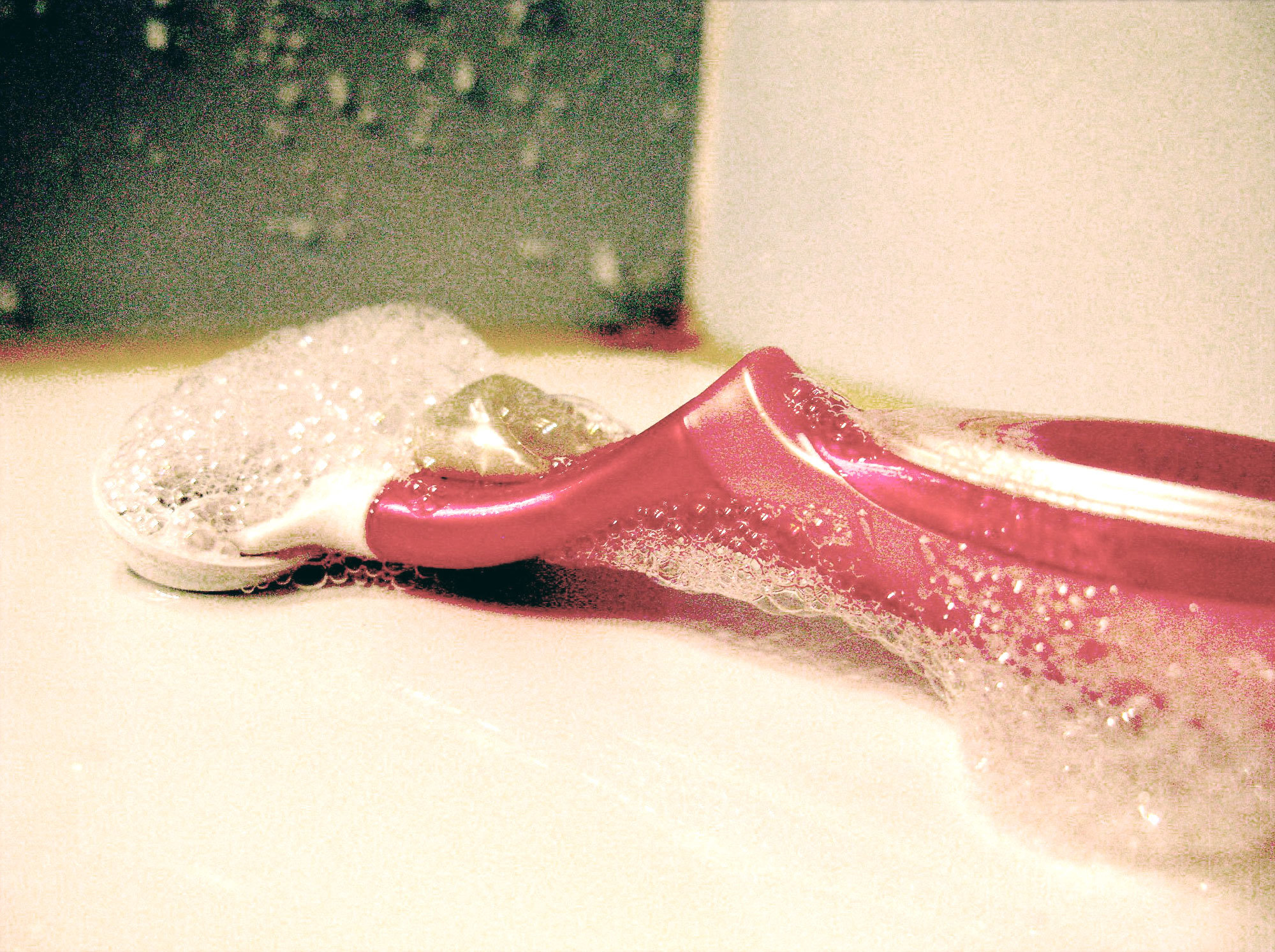2015 has seen a return of body hair to mainstream feminist discourse; from candy colored feminist Tumblrs to serious academic blog posts, women everywhere have been proclaiming that ‘hair is back!’ and there’s been no shortage of (mostly white) celebrities ready to commit themselves to the cause.
Although any move towards women embracing what naturally happens to their bodies is obviously to be commended, the body hair movement falls short in its difficulty for women of color. The personal is political, and any movement towards women spending less time, money and energy on beauty upkeep that they feel pressured to perform rather than actively choosing to engage in is undeniably positive. However the resurgence of body-hair-feminism in the post-internet post-everything fourth wave world has almost exclusively been on the bodies of white women with little and/or fair body hair. Women of color are often left feeling as if we are still on the outside due to our often naturally darker and more visible hair.
Indeed, many of these movements refer exclusively to the shaving of the legs/armpits/crotch. The hair removal processes of WOC, especially those from Latin America, the Middle East and South Asia often involve much more than this basic process of labor. I have been removing the hair on my legs, armpits, crotch, back, stomach, arms, face and beyond with varying regularity and with a genuine arsenal of hair removal products since I was 14. The reality is that many WOC have been called hairy their whole lives, and most often by white women. Despite the fact that almost all experiences regarding discomfort about their body hair by white women seem to pinpoint men as the main targets of abuse and ridicule, none of my own mostly white boyfriends have ever particularly noticed or minded my hair. For me, hair removal was performed as a form of assimilation into white society. Before I had a chance to worry about boys finding me hairy, I’d had plenty of experience with white women telling me so.
Western feminist discourse is well-versed in the arguments surrounding hair removal and oppression: how it is costly, painful and time-consuming, and how we as women would all be better off if we didn’t spend all that time, money and energy on such a trivial matter. However this summer I spent three weeks in Iran, a country where hair removal is nothing short of an obsession. I remember viewing my glamorous cousins with disdain when I was younger, thinking the reason they focused so much on their looks and so little on anything else was because they were shallow and spoiled. But it can be argued that for Iranian women, and indeed men, living under a regime where modesty and piety are championed, removing the hair on your arms and legs then showing off said body parts is a form of defiance and protest.
In Iran, a hairless physique alludes to a certain stature or glamorous lifestyle; that you are well-groomed and look after yourself, perhaps that you are more modern or Western. Indeed, in her book about Iran’s ‘sexual revolution’ Mahdavi notes that for many young Iranians “social behaviors seems to have become expressive of experiments with and aspirations towards socio-political reform — a more quiet, less overt form of rebellion”. While waiting to get my eyebrows done at one of Tehran’s numerous beauty salons it dawned on me how hilarious it would be if Iranian women found out about the latest high-profile gender equality battle in the West: the fight to display your pubic hair on Instagram. For these women, pretty itself is the protest, and body hair is totally incompatible with the look.
On the whole, the dull nature of this latest round of body hair feminism comes down to the fact that women (and WOC in particular) often have bigger things to worry about. As the always controversial Azaelia Banks tweeted last month “Women everywhere are in much more dire situations than worrying about pussy hair or whether or not they can show a nipple on instagram.” And indeed, while there is no problem choosing to let it all grow out, if this is the height of your concern as a feminist in 2015 there’s a chance that both your armpit hair and your privilege are showing.
Credits
Text Niloufar Haidari
Photography via
